“Nora expects the baby in the last week of February. She got a beautiful bracelet and some gorgeous gold filigree jewelry from Errol at Christmas.”
Errol & Rory at Mulholland Farm
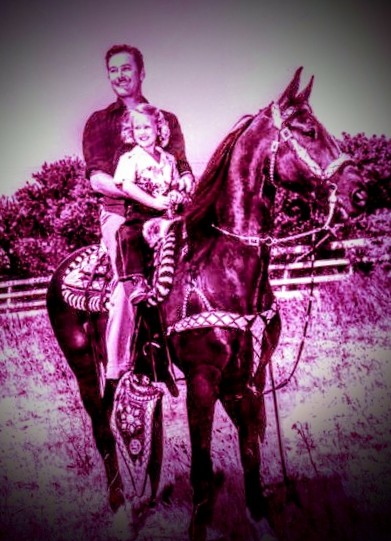
— Tim
“Nora expects the baby in the last week of February. She got a beautiful bracelet and some gorgeous gold filigree jewelry from Errol at Christmas.”
Errol & Rory at Mulholland Farm

— Tim
Down Mexico Way
“One of my friends in Mexico writes that when Errol Flynn was there he was attentive to the most beautiful, dark-eyed Mexican girl she had ever seen.” – Louella Parsons, January 6, 1943
“In 1943, Errol Flynn flew down to Acapulco – then nothing more than a clutch of buildings surrounded by jungle” – The Guardian: April 15, 2006″
Acapulco in the 1940s
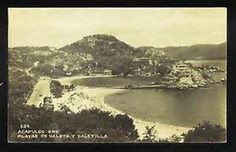
Acapulco 2017

— Tim
Motion Picture Daily
“Errol Flynn left Hollywood yesterday for a two-week vacation in Boca Raton.”
—-
When Flynn visited Boca in those days, a town of only a few thousand residents before WWII, he was known to visit the world famous Boca Raton Resort, Cap’s Place restaurant and casino (where FDR and Churchill dined during there planning their taking down of Hitler and Hirohoto),and the legendary Delray Arcade Tap Room, all still here and all pictured below. He also fished off the coast of Ft. Lauderale, and is said to have also liked hunting in the Everglades.
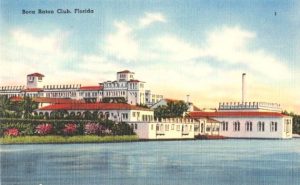
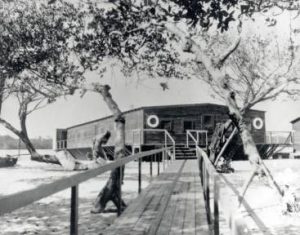
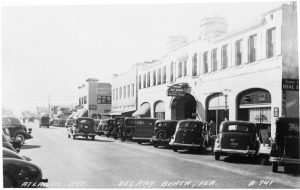
— Tim
Quiz on a Questionnaire
Fresh from England in the Fall of 1934, Errol had his “first official” stateside interview. Conducted on Warner Brothers’ “Burbank campus” by Carlisle Jones, “dean of Hollywood press agents”, this debut interview revolved around answers Errol had recently provided on a WB publicity questionnaire. According to that questionnaire and interview:
1. Errol’s Schoolboy Ambition was:
a) To be a pirate
b) To be a movie star
c) nil
2. His Present Ambition was:
a) Success in movies
b) To meet Greta Garbo
c) To sail to Hawaii in his own yacht
3. His foremost interest aside from acting was:
a) Literature
b) Marrying a movie star
c) Big game hunting in Africa
4. He suppressed a desire to be a:
a) Biologist
b) Bartender
c) Pianist
5. If he failed at acting, he would:
a) Go to law school
b) Marry rich
c) Return to New Guinea as a gold prospector
6. He reported his dancing and singing talents as:
a) God-given
b) Better than average
c) Imperceptible
7. He identified his favorite city as:
a) Paris
b) London
c) Shanghai
8. Following his interview, Carlisle Jones escorted Errol to the Warner Brothers first-aid hospital to treat:
a) A fencing wound
b) A blister
c) A sudden malarial attack
9. The reason for his hospital visit was:
a) Olivia De Havilland
b) Pinch-toed shoes
c) The Sepik River
10. On the way to the Warner Brothers hospital, Errol asked Carlisle Jones:
a) What were the best bars in Hollywood to meet women?
b) Who were the best movie star tennis players in Hollywood?
c) Was Lili Damita married?
— Tim
£50 million renovation incudes a “Lynne Promenade”:
“Pride of place will be given to a photograph of Ms Lynne, taken back in the day with an old beau by the name of Errol Flynn.” mobile.twitter.com…
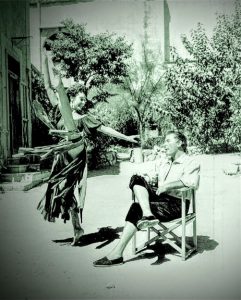
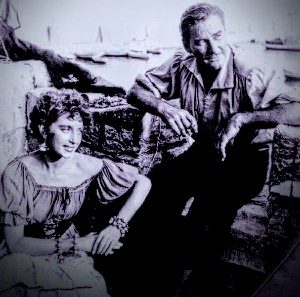
www.dailymail.co.uk/tvshowbiz/article-5134927/Victoria-Palaces-50m-revamp-ready-Hamilton.html…
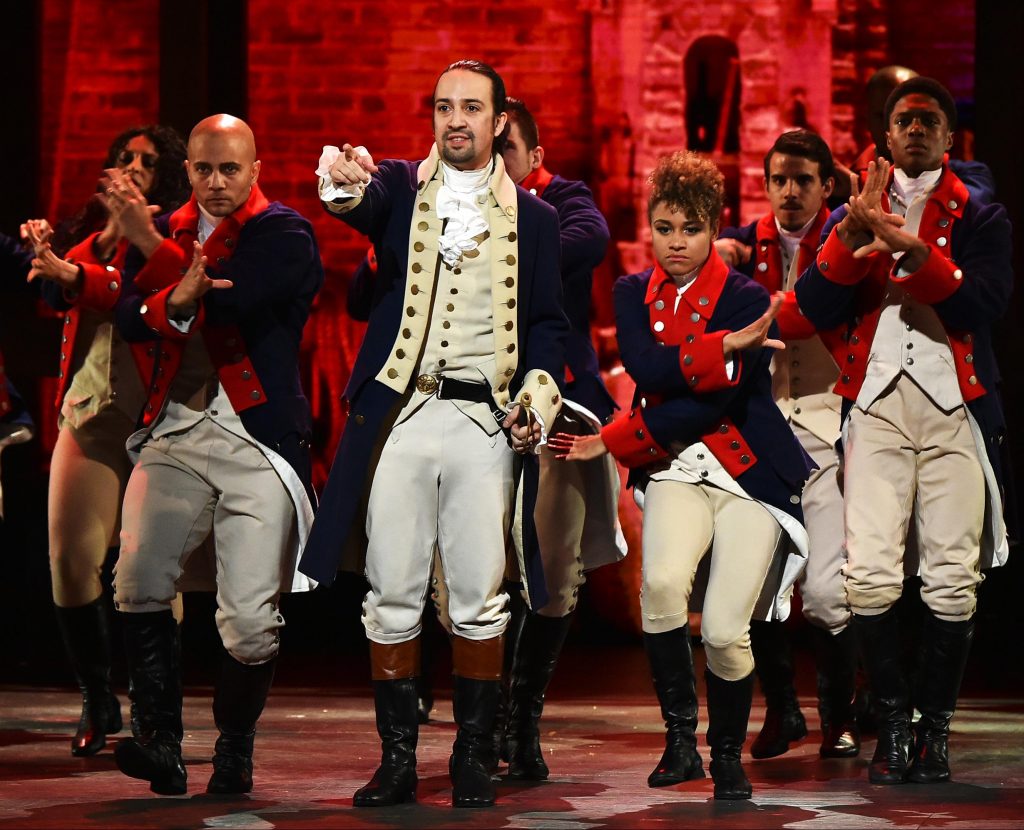
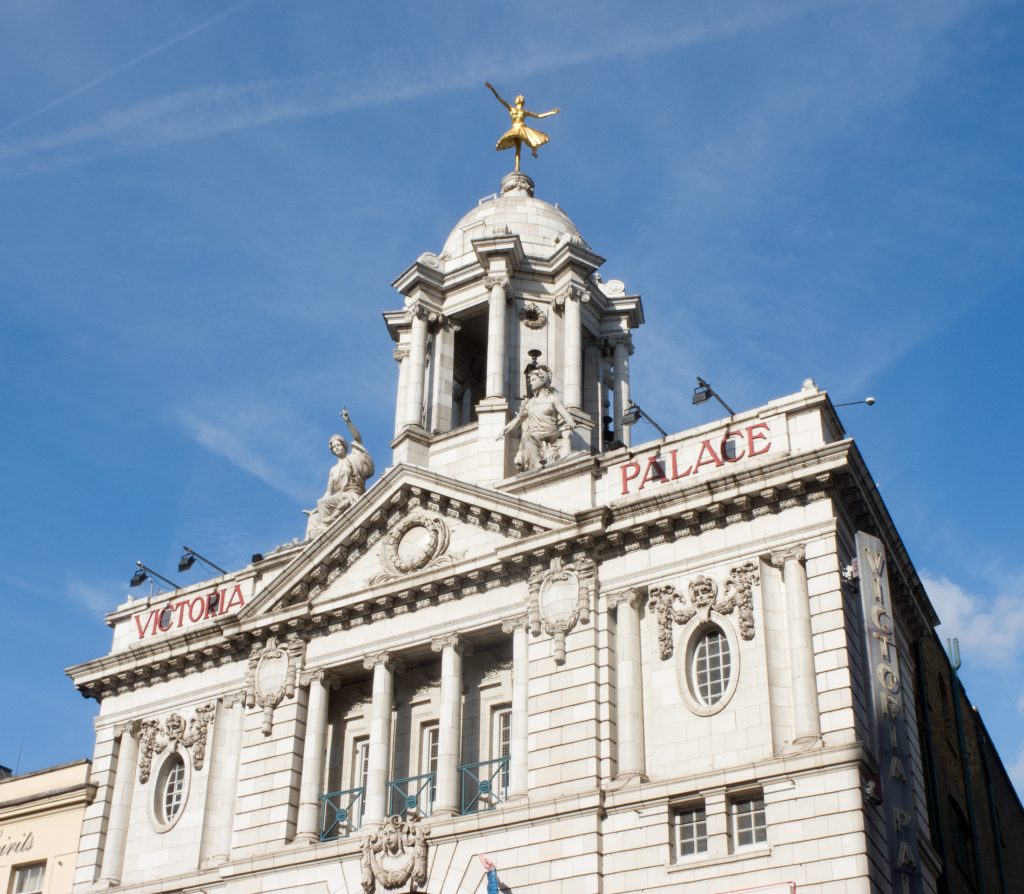
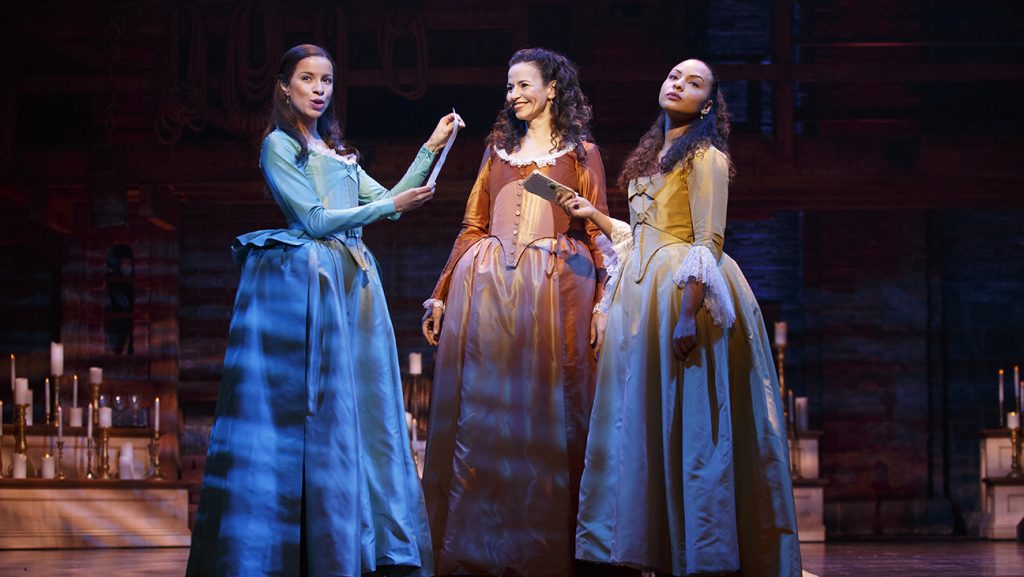
— Tim
Seventy years ago – during, prior to, and following the Thanksgiving holidays of 1947 – Errol was planning a major hunting expedition.
With what other person did Errol plan this safari, and in what country was it to take place??
¤ They planned to include about thirty (30) people.
¤ It was planned to last for about two months.
¤ They planned to record, ship, and broadcast clips of the expedition.
¤ It would involve big game hunting.
¤ The safari was to begin immediately after completion of The Adventures of Don Juan.
¤ It never happened.
— Tim